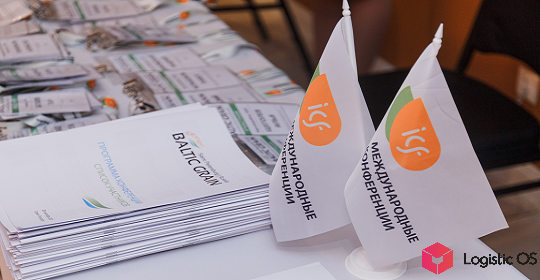The Ministry of Agriculture has already set maximum prices for sunflower oil and sugar. Now this mechanism is going to be extended to other products.
Agricultural producers did not have time to get used to the marginal prices for sugar (36 rubles per kilogram in bulk, 46 at retail) and for sunflower oil (95 and 110 rubles per liter, respectively), as the Ministry of Agriculture said that such a practice could well be used to keep prices down. for example, for grains and pasta.
This was announced on January 20 by the deputy head of the Ministry of Agriculture Oksana Lut. She is not satisfied with the fact that farmers are in no hurry to “throw away” their grain reserves on the domestic market, as they are waiting for the price increase. And someone, perhaps, still plans to profitably sell their products for export.
At the same time, grain prices are already gradually growing: for example, in January the cost of a ton of wheat rose to 15,520 rubles per ton (by 3.5%). Pasta also showed an average price increase of 8%.
There is no real reason for this growth. The only factor is the very reluctance of farmers to part with their grain, giving it away at a low price.
What will the price cap fixing do?
To begin with, setting such prices for pasta and grain is still only a possibility, not a reality. So far, the Ministry of Agriculture has only advised the regional leaders to discuss with producers the possibilities to contain prices for wheat, flour, pasta and all other links of the «grain chain».
But if the authorities of the subjects do not succeed in this, cap prices can be introduced. However, specific figures have not yet been announced.
At the same time, some experts believe that very soon the prices for grain and its derivatives will “collapse” anyway, as export duties will start in February, so that producers will not be able to get a lot of proceeds from sales “over the hill”.
Others warn that pasta price fixing is a bad idea. For example, the vice-president of the Russian Grain Union, Alexander Korbut, is sure that if this is done, producers will begin to reduce the quality of pasta. For example, take wheat of the fourth, and not third grade, mix various additives into the flour.
As a result, the pasta in the store will cost «less than very cheap», just not the fact that you can force yourself to eat them.

And who knows — perhaps such a prospect will even force one of them to take out their stocks from the barns and sell them cheaply.

